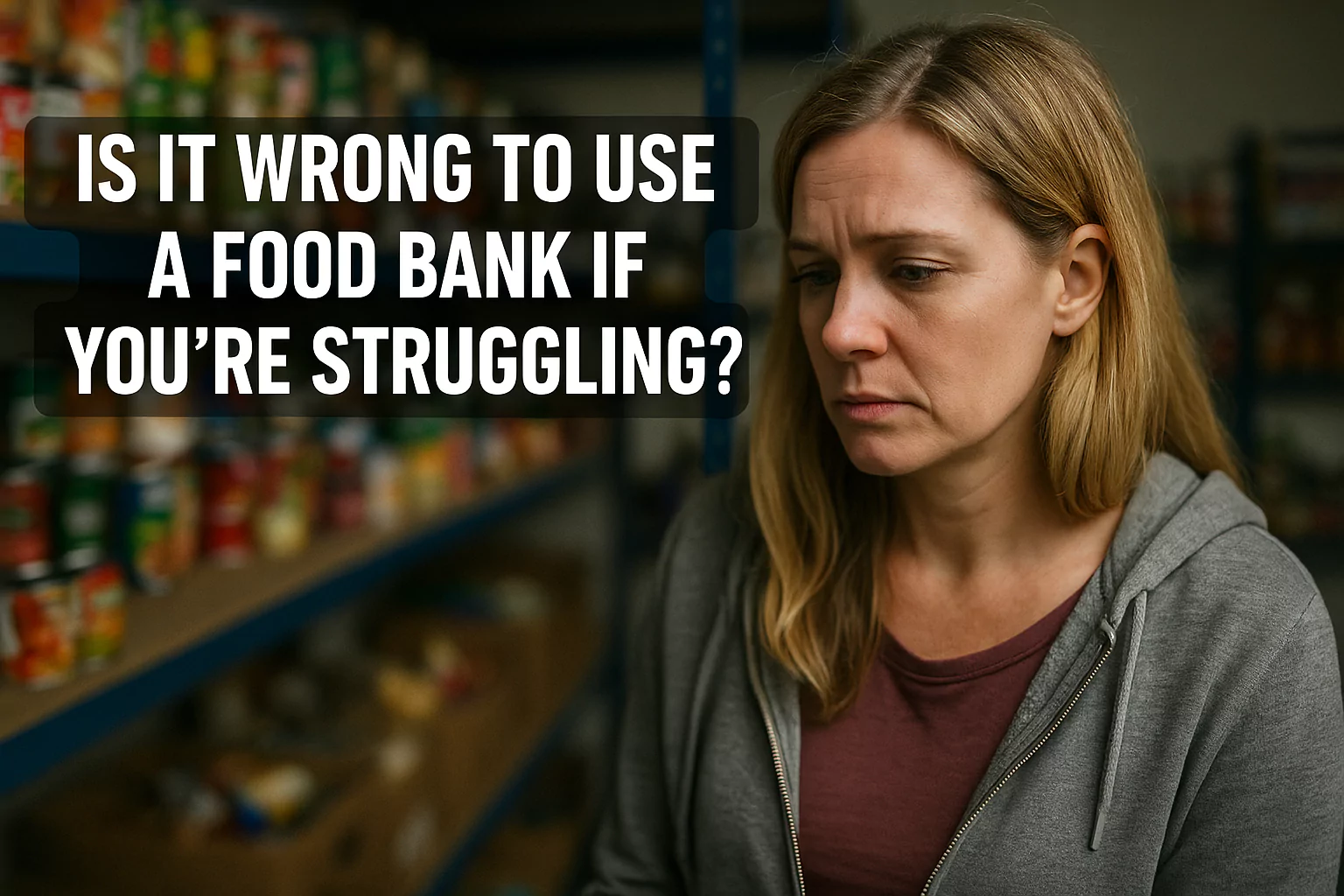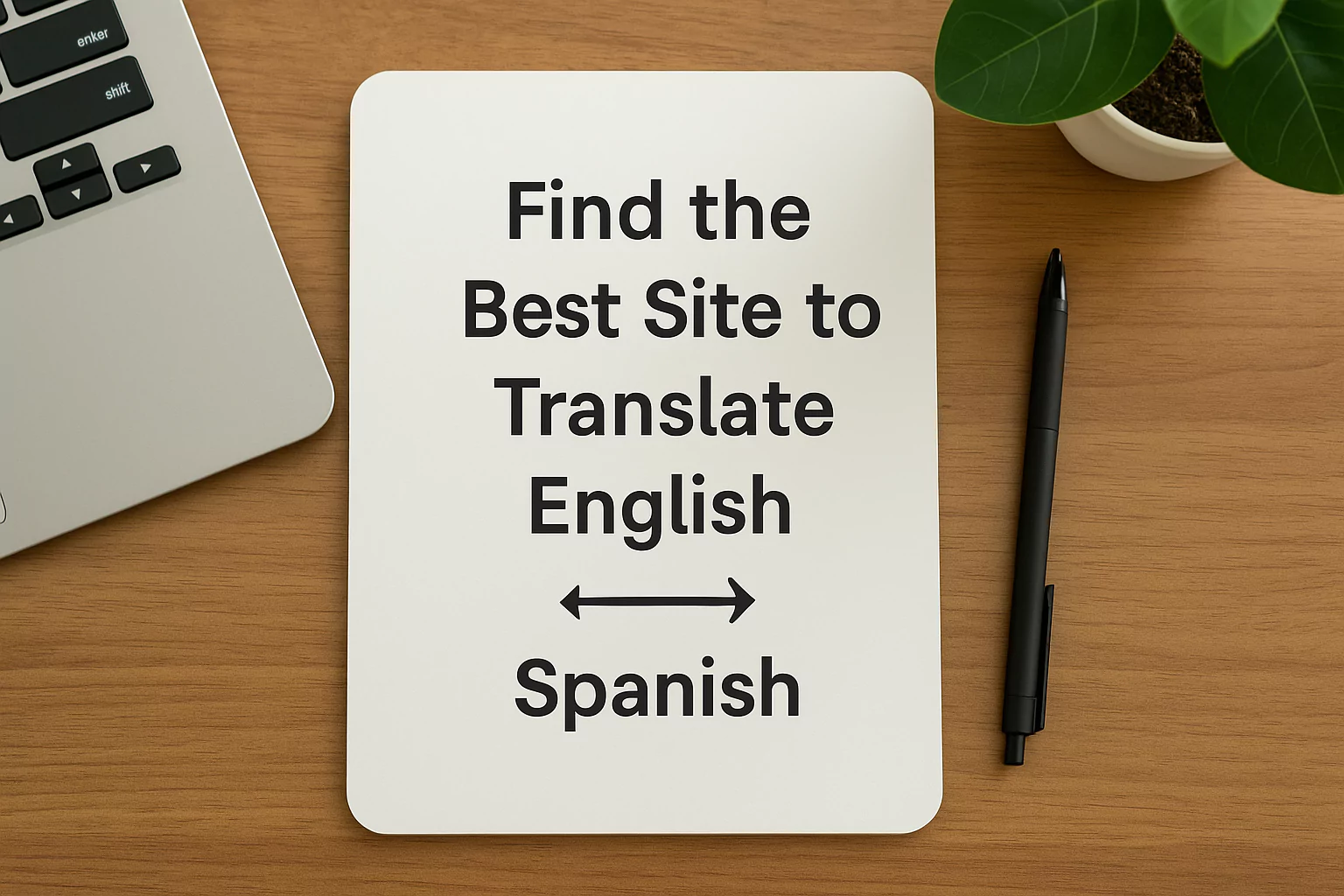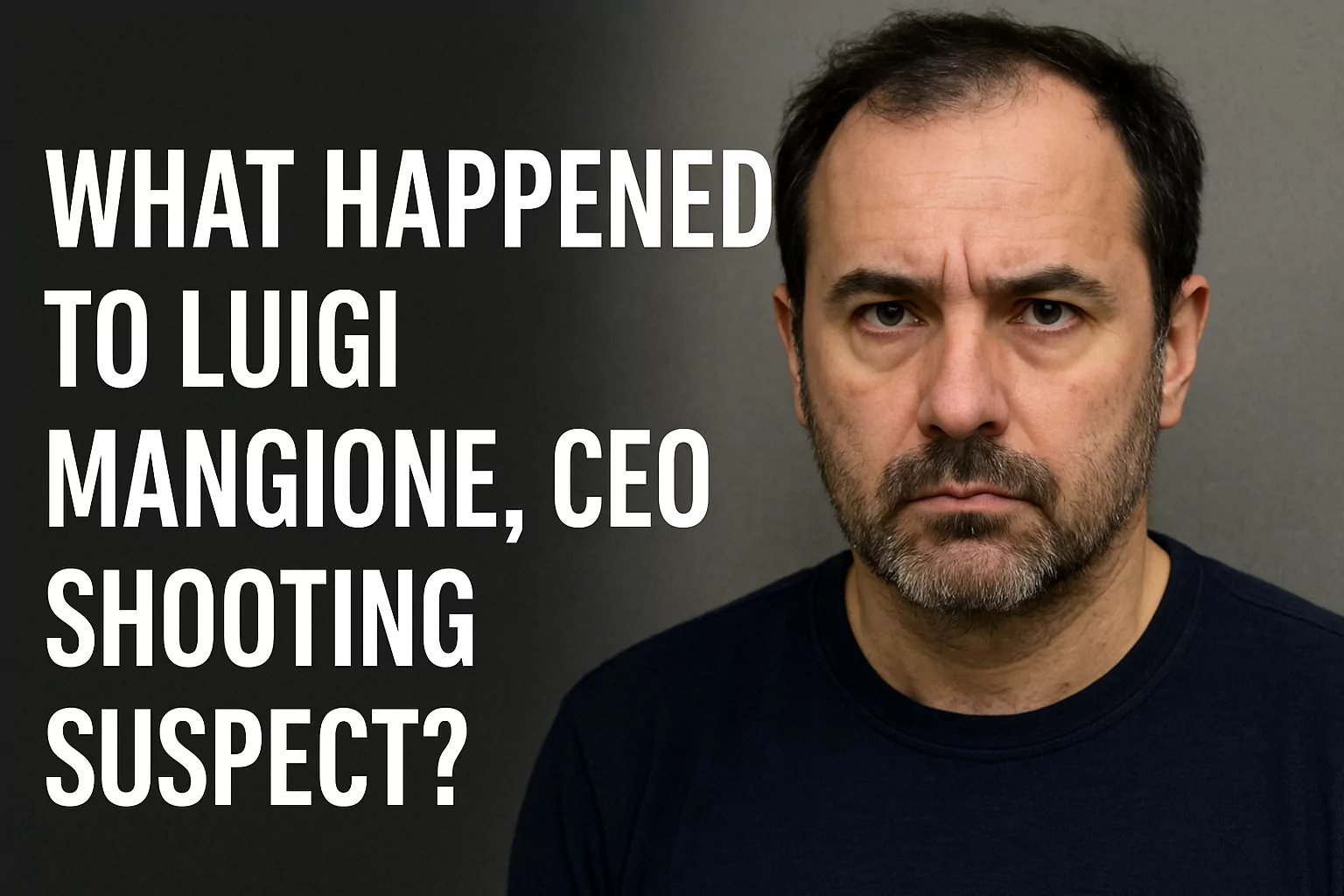Is It Wrong to Use a Food Bank If You’re Struggling?

No, it is not wrong to use a food bank if you’re struggling. Food banks exist precisely to help individuals and families facing financial hardship or food insecurity. Seeking help when you need it is a responsible and brave decisio – not something to feel ashamed of. In fact, food banks are designed to be a lifeline during difficult times, and using them ensures food doesn’t go to waste and reaches the people who genuinely need it.
What Are Food Banks and Who Are They For?
Food banks are community-based programs that collect, store, and distribute food to people who cannot afford enough groceries. They may be run by charitable organizations, religious groups, local governments, or nonprofits. These programs are meant to assist:
- Low-income individuals or families
- People between jobs
- Elderly citizens with limited income
- Students or part-time workers
- Anyone facing temporary or long-term financial hardship
The common misconception is that food banks are only for the homeless or extremely poor. In reality, they’re for anyone in need, even if the need is temporary.
Why You Shouldn’t Feel Guilty for Using a Food Bank
Many people hesitate to access food banks due to feelings of guilt, shame, or fear of being judged. But here’s why you shouldn’t:
1. They Exist for People Like You
Food banks are not reserved for the “most desperate” cases only. If you’re skipping meals, cutting back on essentials, or feeling stressed about your next grocery trip, you qualify. These services are built to support your dignity and well-being.
2. Food Banks Want to Help
Volunteers and staff at food banks are there because they want to help. They understand how economic shifts, rising inflation, medical emergencies, and job loss can happen to anyone. No one will judge you—in fact, you’ll likely be welcomed with warmth and respect.
3. Food Waste Is a Bigger Problem
Much of the food at food banks is donated surplus that might otherwise be thrown away. Taking it ensures that it goes to someone who needs it instead of ending up in landfills.
When Is It Appropriate to Use a Food Bank?
If you’re asking yourself whether you should go to a food bank, chances are—you probably qualify. Here are some signs it may be time:
- You regularly skip meals to make ends meet
- You rely on low-nutrition or fast food due to cost
- Your grocery budget is less than your basic dietary needs
- Your income barely covers rent, utilities, and medical expenses
- You feel financial pressure every time you shop for food
If any of the above apply, it is completely appropriate to turn to a food bank.
Common Myths About Using Food Banks
Let’s bust some common myths that make people second-guess their decision to get help.
Myth #1: “I’m taking food from someone who needs it more”
Truth: Food banks are designed to serve everyone in need. If resources become limited, food banks often prioritize or scale based on need—but you using it doesn’t deprive others.
Myth #2: “Only unemployed or homeless people should use food banks”
Truth: Many food bank users have jobs but still can’t afford groceries due to low wages or high living costs. Being employed doesn’t disqualify you.
Myth #3: “People will judge me”
Truth: Volunteers and staff are trained to treat everyone with dignity. Confidentiality and respect are central to food bank operations.
Myth #4: “Using a food bank is a failure”
Truth: Seeking help is not failure—it’s resilience. You’re actively taking steps to care for yourself or your family.
How to Find and Use a Food Bank Near You
If you’re ready to use a food bank but unsure how to start, here’s what you can do:
1. Search Online or Ask Locally
Type “food bank near me” in Google, or check with local community centers, churches, schools, or public health departments.
2. Check Eligibility (if required)
Some food banks may ask for ID, proof of income, or address. Others have no eligibility requirements.
3. Visit During Distribution Hours
Make note of the times and days food is distributed. Bring a reusable bag or box to carry items.
4. Respect Guidelines and Be Polite
Just like any community service, food banks have rules. Respect volunteers and fellow visitors, and take only what you need.
You’re Not Alone – Real People Use Food Banks
To reduce the stigma, it’s important to understand just how many people turn to food banks.
- In the U.S., over 50 million people used food assistance in 2024.
- In the UK, Trussell Trust distributed nearly 3 million emergency food parcels in one year.
- Food insecurity affects working families, students, veterans, and seniors across all communities.
You’re not the exception—you’re part of a much larger, shared experience of financial strain.
Alternatives If You’re Still Unsure
If you’re hesitant but still need support, you might also consider:
- Community fridges (free, local food sharing initiatives)
- Soup kitchens
- Religious or cultural organizations offering free meals
- Government assistance programs like SNAP, WIC, or EBT
Remember, food banks are just one of many resources—you can mix and match what works best for your situation.
Final Thoughts: Using a Food Bank Is an Act of Strength
There is absolutely nothing wrong with using a food bank if you are struggling. The shame, guilt, or hesitation you may feel is rooted in stigma—not reality. Reaching out for help is a responsible, human, and courageous act. You’re not taking advantage—you’re taking care of yourself and your family during a tough time.
Food banks exist for you – don’t let fear or pride keep you hungry. You deserve food, dignity, and peace of mind.








